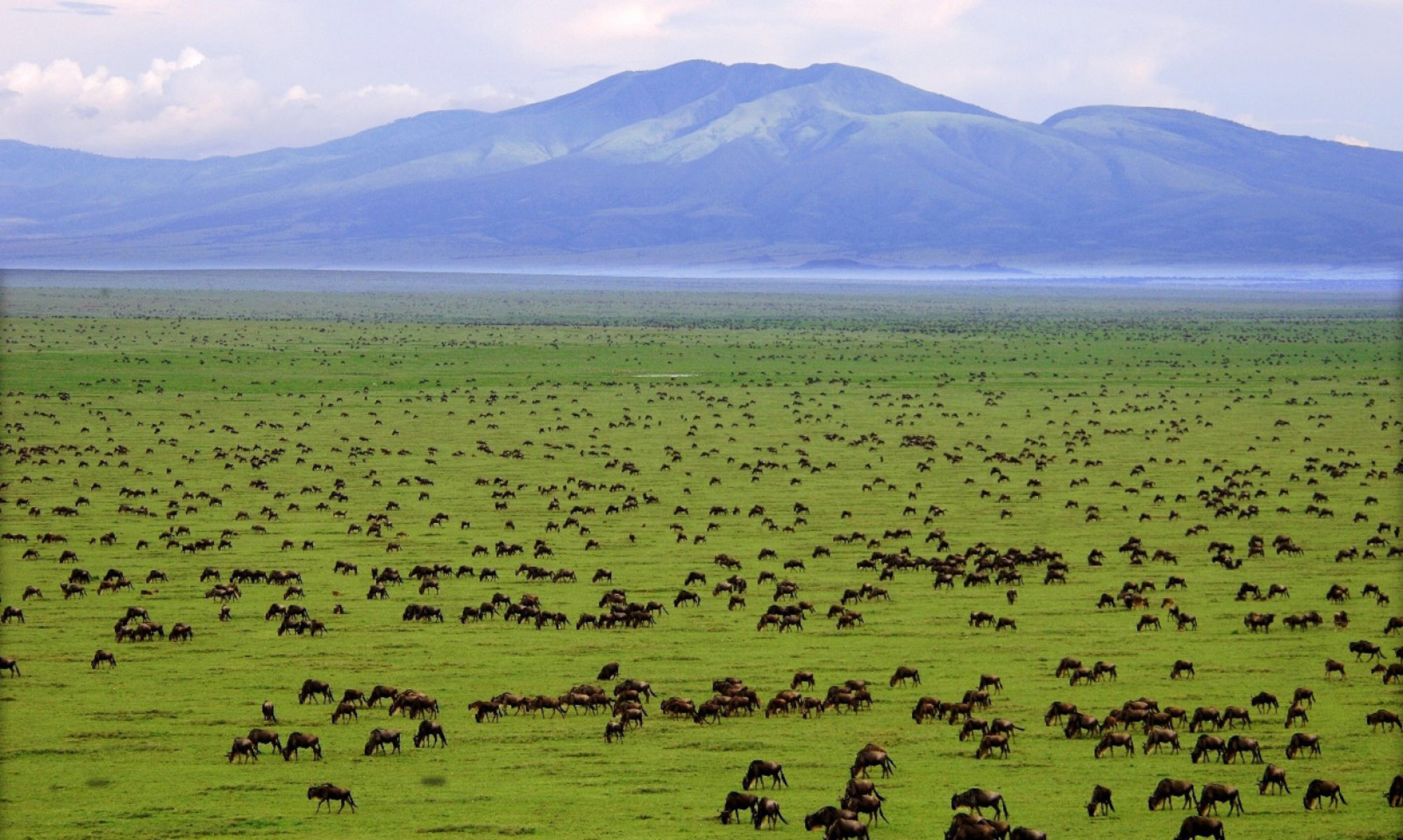Lake Tanganyika—Another one of Africa’s Great Lakes, it tends to play the role of understudy to Russia’s Lake Baikal. Lake Tanganyika is the second largest by volume, the second deepest, and the second oldest freshwater lake in the world. The longest lake in the world, it actually borders three other countries (Congo, Burundi, and Zambia). With significance for geological and human history, not to mention a huge amount biological diversity, it’s a great spot for lake-lovers.
This amazing African lake was discovered in the mid-1800s by a couple of English explorers named John Speke and Richard Burton. These explorers were actually looking for the source of the Nile River. However, they ended up arriving at Lake Tanganyika in February of 1858. They thought they found the Nile River when they discovered that the Ruzizi River was just to the north of Lake Tanganyika. There was a movie created about their journey called Mountains of the Moon.
Another interesting aspect of Lake Tanganyika is that there were battles that were fought there in World War I. The British fought the Germans several times in naval battles on the lake. Lake Tanganyika held a lot of strategic benefits for whichever side held it. The Germans held the lake since the war began.
Lake Tanganyika is famously clear. It allows visitors to see beneath the lake’s surface for up to 20 meters. You can see a lake bottom that is covered with shells. You can also see amazing drop-offs. Finally, there are massive boulders that you can see beneath the surface that are breath-taking.
Another spectacular thing about Lake Tanganyika is that the lake’s temperature no matter what region of the lake you are in. Basically, if you go deeper into the lake, it’s only 3 degrees cooler than the surface of the late. Scientists are still not sure how this is possible. It does make the lake very comfortable.
Lake Tanganyika is an amazing lake when it comes to biodiversity. It hosts over 350 different species of fish, for example. When it comes to the fish, 95% of them are endemic. Because of its isolation, there has been an evolution of a large amount of fish over several decades. All of the time new species of fish are being found within Lake Tanganyika.
The waters flow into the Congo River from Lake Tanganyika and, surprisingly enough, end up in the Atlantic Ocean. This lake is an amazing lake to visit for a variety of reasons.
